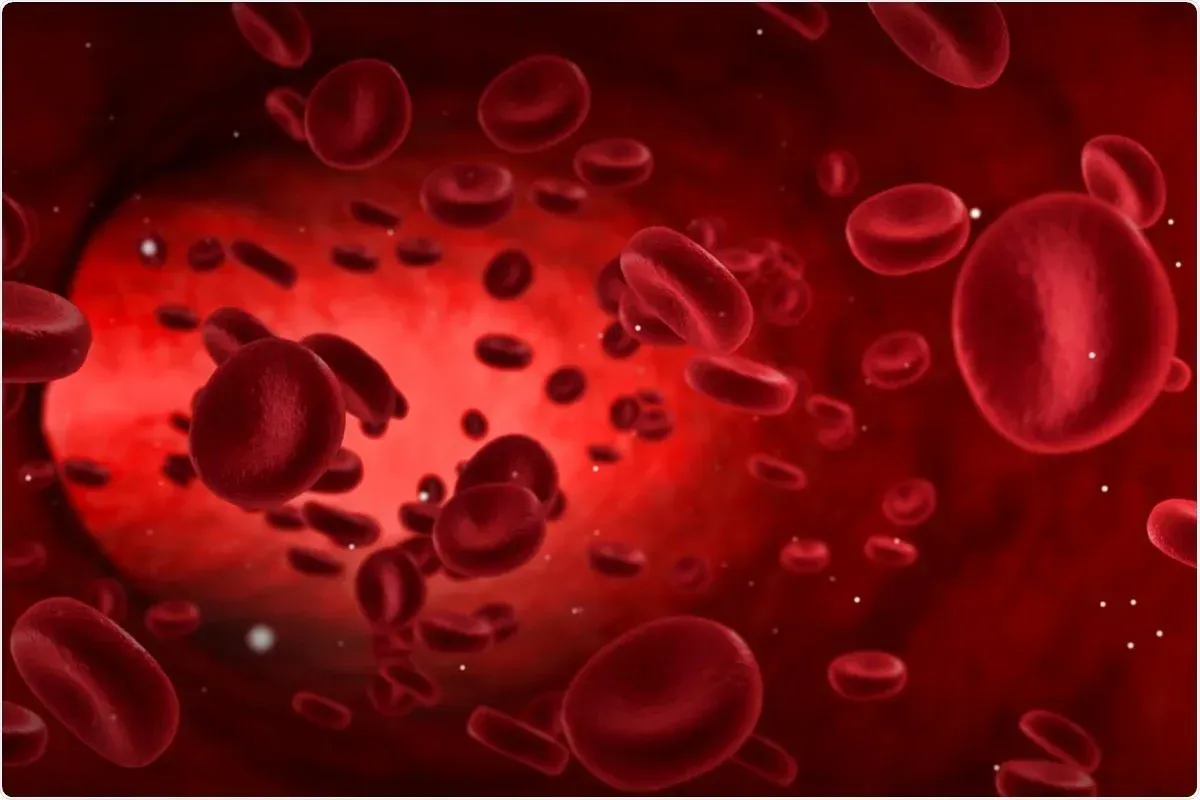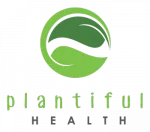
Let’s talk about Iron
Let’s talk about Iron

Karen Thorley
Low iron, particularly Ferritin which is our iron storage, is becoming more common today. There are a few factors that can impact iron and supplementing is not always the answer.
The purpose of iron (Fe) is to maintain oxygenation of all the cells and all the tissues of the body.
Fe metabolism is tightly regulated, as both deficiency and excess have health implications.
Fe requires an acidic environment for absorption which is perfect in your stomach where hydrochloric acid is produced as part of the digestive process.
Fe requires ascorbic acid (Vit C) to aid absorption so consuming iron rich foods in the first part of your meal and including vitamin C rich foods as well will support effective absorption. It is important to note that drinking during the meal, dilutes acid which will inhibit effective absorption so limit water and other drinks to an hour before meals and 2 hours after.
Our red blood cells (RBC) require between 30-40mg of Fe to make the required 6g of haemoglobin needed daily. We produce 2milion – 3million RBC per minute. How clever is our body!! When we provide the nutrients in the form of whole foods, our body knows exactly what to do with them.
RBC function as well as Fe metabolism together regulate Fe absorption, recycling and trafficking. Without this teamwork of tight regulation, deficiencies will result in anaemia and excess will result in reactive oxygen species (ROS) causing tissue injury and organ failure.
RBC normally live about 120 days (4 months). When they get old (or damaged) macrophages which are a part of our immune system, remove them from circulation through a process called phagocytosis. The most important part of the RBC is preserved. And, just in case you didn’t guess it, the most important part is the haemoglobin. Why? Because this is the chemical that allows the RBC to carry oxygen around the body. This explains why we can go a long time before noticing that our Fe stores are getting low.
Fe is released from the haemoglobin and stored as ferritin. A chemical known as ferroportin exports the ferritin back to the bloodstream when needed. It is also responsible for transporting dietary Fe that has been absorbed in the small intestinal cells out and into the bloodstream. You could say that ferroportin is the gatekeeper, controlling Fe entry into the bloodstream both from ferritin stores as well as dietary Fe.
You may have heard of haemochromatosis? This is also known as ferroportin disease which is a rare genetic disorder characterised by the abnormal accumulation of Fe in the body. The gatekeeper allows too much Fe into the blood stream. When Fe exceeds the carrying capacity of transferrin which is like the transport carrier, this excess Fe can be taken up in organs such as the liver, pancreas and heart where it can lead to organ damage.
So, what are some of the things that lead to Fe disorders or just abnormal pathology markers?
Parasites
Lack of dietary iron
Gut inflammation
Internal bleeding
Chronic inflammation
Chronic infection
Acute trauma / blood loss from surgery or accidents
Pregnancy
Heavy menstruation
Some medications such at Proton-pump inhibitors which are used to treat ulcers and reflux.
Symptoms of Fe deficiency
Low energy / fatigue
Decreased physical performance and quality of life
Cell cycle and DNA replication issues leading to hair loss, nail abnormalities and mouth ulcers
Restless leg syndrome
Altered drug metabolism
Brain fog / decreased function
How can you ensure you get enough Fe?
Legumes contain Fe which is readily released during cooking.
Leafy vegetables contain Fe which is considered poorly absorbed due to phytate and phenolic compounds. This can be overcome by consuming vitamin C rich foods at the same time.
Vitamin D plays a role in Fe absorption. Mushrooms left upside down in the sun contain more Vitamin D than you can get from any supplement safely. Get as much sun exposure as you can without burning.
Keep inflammation to a minimum with sensible diet and lifestyle choices.
The brightest coloured foods are high in vitamin C. Capsicum, citrus fruits, strawberries and other berries for example.
: Fresh cow’s milk has a pH between 6.5 – 6.7 which is acidic. It contains calcium however the body needs to counteract the acidity so will take the calcium straight from the milk to the bones. The thought that cow’s milk will give you strong bones is incorrect because the calcium does not go to the bones.
What others are saying
Deep gratitude
I will always be grateful for the coaching I did with Karen. At the time I suffered from severe reflux that was damaging my oesophagus and bloating that left me feeling uncomfortable and unable to wear my ‘normal’ wardrobe. Karen worked with me to change my diet and lifestyle at a manageable pace, and I can now say that I am symptom free and no longer suffer burning when I eat spicy foods or any foods. Linda M NSW

Bloating and lethargy
I first went to Karen with a feeling of bloating and lethargy. I had had a heart attack with resulted in lasting problems with my heart. After our initial consult, Karen started me on a plan of juices, diet and cognitive therapies. After a few months I noticed changes in my skin, nails and my overall energy levels. Today, 18 months on, I am in a better place mentally and physically. I would highly recommend Karen for all your wellness and healthcare needs. She is thorough, caring is highly accredited. Ruth R NSW

Insulin be Gone
I’m totally off insulin! Blood sugars still a bit high but mostly stable. Thanks beyond words for your wisdom and encouragement. I can see light at the end of this tunnel. I will tell all who will listen what a legend you are. Nicky V VIC

Caring and Knowlegable
Karen was my health coach. She shared her wealth of knowledge about nutrition, whilst supporting my physical and emotional needs. I felt better within days and by three weeks I felt like a new person. I highly recommend Karen as she’s caring, motivating and has inspired me to be my best self. Janet J QLD

FAQS
About Me & Plantiful Health
What qualifications do you have as a naturopath and health coach?
I hold formal qualifications in Naturopathy, Nutritional Medicine, Western Herbal Medicine, Live Blood Analysis, and Fitness Coaching. My approach is particularly focused on supporting women over 45 through age-specific health and lifestyle solutions. I combine evidence-based natural health with practical, personalised strategies that respect your body’s innate wisdom.
What makes your approach different from other health practitioners?
I blend modern science with nature’s foundational principles: breath, hydration, movement, nourishment, fun, sleep, nature, and relationships. With nearly 40 years in the workforce and over 50 years of life experience—including my own journey through injury, illness, and healing—I bring depth, empathy, and understanding into every consultation. My toolbox includes clinical training, intuitive insight, and a down-to-earth approach that isn’t for everyone—but the women I work with deeply appreciate the holistic, real-life support they receive. I also maintain a trusted network of specialist practitioners and will refer you if needed.
Do you work with clients in-person or online?
Most of my clients work with me online from across Australia and around the world. In-person appointments are available on the Sunshine Coast, Queensland, when my schedule allows.
Working With Me
What does working with you involve?
I’ve recently restructured my offerings to make them more accessible and affordable. You can choose from three levels of support:
Free Plantiful Health Community – A space for conversation, inspiration, and connection, with regular input from me.
Next Level Wellness Group Coaching – We meet every second Thursday morning online. Can’t make it live? No problem—you can submit questions ahead of time and watch the recordings.
1:1 Coaching – For personalised, high-touch support. Includes access to the Group Coaching sessions. A quick Clarity & Connection Call is required to determine if we’re the right fit before starting.
Do you offer one-off sessions, or do I need to commit to a program?
Yes, one-off sessions are available and can help address particular concerns. They are most effective when paired with ongoing group coaching or one of my programs where there's space for deeper work, consistency and long-term results.
What’s included in the free Clarity Call?
A 15-minute, no-pressure chat to explore your current health concerns, goals, and whether my approach is right for you.
Nutrition & Lifestyle
Do you provide tailored food plans?
In our communities, we discuss nutrition, fasting, detoxing, and share inspiration. For personalised food and lifestyle plans, 1:1 coaching is recommended.
Can you help with plant-based or whole food eating?
Absolutely. At Plantiful Health, we support a plant-forward approach that’s nourishing and sustainable—whether you're fully plant-based or simply want to eat more whole, living foods.
Can I still drink coffee or alcohol while working with you?
It’s all about balance. I help you understand how these choices affect your health, hormones and energy so you can make empowered decisions.
Do you recommend supplements?
Only when necessary. I use high-quality, practitioner-grade supplements to correct imbalances that can’t be addressed through diet alone, and always in conjunction with food-based solutions.
For Shift Workers
Can you help with sleep issues related to shift work?
Yes. As a former shift worker, I understand the unique challenges. I offer realistic, practical sleep strategies tailored to irregular rosters and changing demands.
How do I stay healthy with a rotating roster?
I’ll help you build simple, flexible systems for sleep, meals, movement, and self-care that work with your roster—not against it.
Pricing & Support
How much does it cost to work with you?
I offer several options:
Plantiful Health Community – Free JOIN HERE
Group Coaching (Next Level Wellness) – $99/month
1:1 Coaching – $499/month (includes group coaching access)
Do you offer payment plans?
Yes. All plans are structured as monthly payments. If cost is a barrier, please reach out—we can chat to see what’s possible.
Is your program covered by health insurance or rebates?
Some of my 1:1 services may be eligible for rebates, depending on your insurer. Group coaching and community support are not covered.
Getting Results
Do I need to follow a strict diet or routine to get results?
Not at all. We work within your lifestyle and preferences to create a plan that’s realistic, enjoyable, and sustainable long term.
What kind of results have your clients seen?
Many of my clients have improved sleep, balanced hormones, clearer skin, weight loss, better moods, and even reduced or eliminated their need for medications. Most importantly, they feel more empowered and in tune with their bodies.
Do you offer support between sessions?
Yes. Ongoing support is a vital part of what I offer—because you shouldn’t have to do this alone.
What if I’ve tried everything and nothing has worked?
That’s often when people find me. We’ll return to the foundations of real health and start building again—one simple, powerful step at a time.

